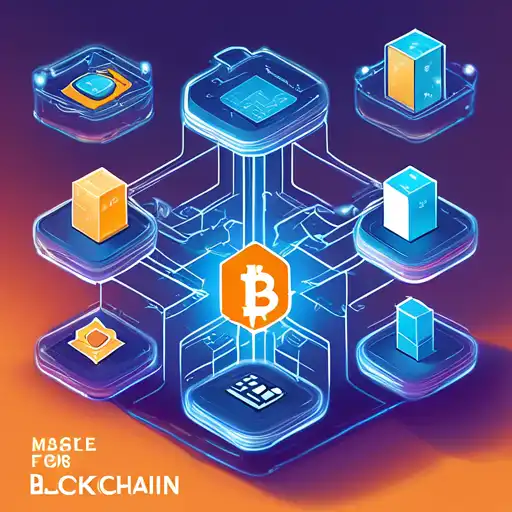What Is Blockchain?
Blockchain technology is a decentralized digital ledger that records transactions across many computers in such a way that the registered transactions cannot be altered retroactively. This technology is the backbone of cryptocurrencies like Bitcoin, but its potential uses extend far beyond digital currencies.
How Does Blockchain Work?
At its core, blockchain is a chain of blocks, where each block contains a number of transactions. Every time a new transaction occurs on the blockchain, a record of that transaction is added to every participant's ledger. This decentralized database managed by multiple participants is known as Distributed Ledger Technology (DLT).
Key Features of Blockchain
- Decentralization: Unlike traditional ledgers or databases controlled by a central authority, blockchain is decentralized and distributed across a network of computers.
- Transparency: All transactions are visible to anyone within the network, ensuring transparency.
- Immutability: Once a transaction is recorded on the blockchain, it cannot be altered or deleted.
- Security: Blockchain uses cryptographic techniques to secure data, making it highly secure against fraud and hacking.
Applications of Blockchain Beyond Cryptocurrency
While blockchain is synonymous with cryptocurrency, its applications are vast and varied. From smart contracts that automatically execute transactions when certain conditions are met, to supply chain management and beyond, blockchain is revolutionizing industries.
Getting Started with Blockchain
For beginners interested in exploring blockchain, starting with understanding the basics of cryptocurrency is a good step. There are numerous resources available online, including courses and tutorials, that can help demystify the technology.
Challenges and Considerations
Despite its potential, blockchain technology faces challenges such as scalability, energy consumption, and regulatory hurdles. However, ongoing advancements and innovations continue to address these issues, paving the way for broader adoption.
Blockchain technology is still in its early stages, and its full potential is yet to be realized. As it continues to evolve, it promises to bring about significant changes in how we conduct transactions, manage data, and establish trust in the digital age.
